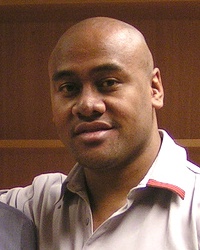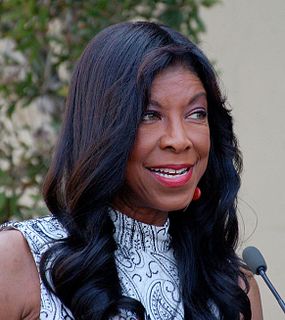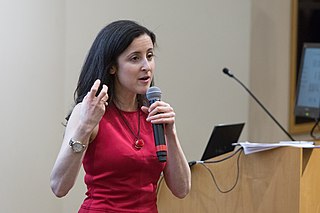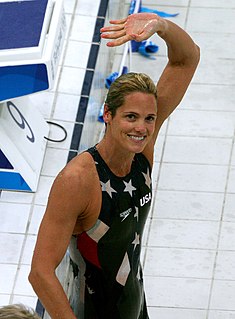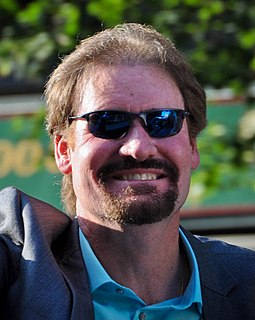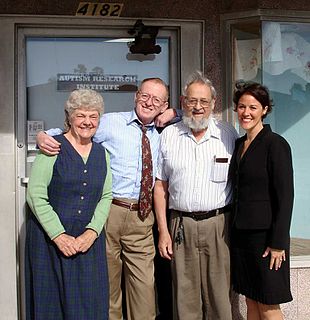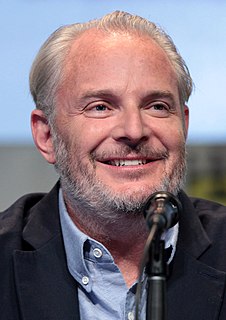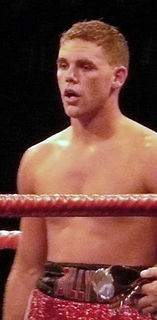A Quote by Jonah Lomu
I was on dialysis for 18 months before the transplant, so it was important I tried to look ahead to days like my comeback this Saturday. You need those big goals to drive you on.
Related Quotes
We had a big controversy in the United States when there was a limited number of dialysis machines. In Seattle, they appointed what they called a 'God committee' to choose who should get it, and that committee was eventually abandoned. Society ended up paying the whole bill for dialysis instead of having people make those decisions.
They claim that autism naturally occurs at about 18 months, when the MMR is routinely given, so the association is merely coincidental and not causal. But the onset of autism at 18 months is a recent development. Autism starting at 18 months rose very sharply in the mid-1980s, when the MMR vaccine came into wide use. A coincidence? Hardly!
Pretty much everybody knows there are not enough organs for all of those patients who need to get transplants, and what happens is, is that organs are actually directed in liver transplantation to those patients who are the sickest. So the patients who have the greatest chance of dying in the next three months or so are the ones who get the priority for the liver transplant.
So much goes into doing a transplant operation. All the way from preparing the patient, to procuring the donor. It's like being an astronaut. The astronaut gets all the credit, he gets the trip to the moon, but he had nothing to do with the creation of the rocket, or navigating the ship. He's the privileged one who gets to drive to the moon. I feel that way in some of these more difficult operations, like the heart transplant.
I feel very lucky. I don't know what else there has to be. I'm happy, as corny as it sounds, to be living in a place where it's easy to live, easy to drive to the airport, easy to go pick up something at the supermarket and to have a circle of friends. Those were my goals in 1998, not to be queen of photography but to make a cultural adjustment to the West. And those are still more important goals to me than professional ones right now.
